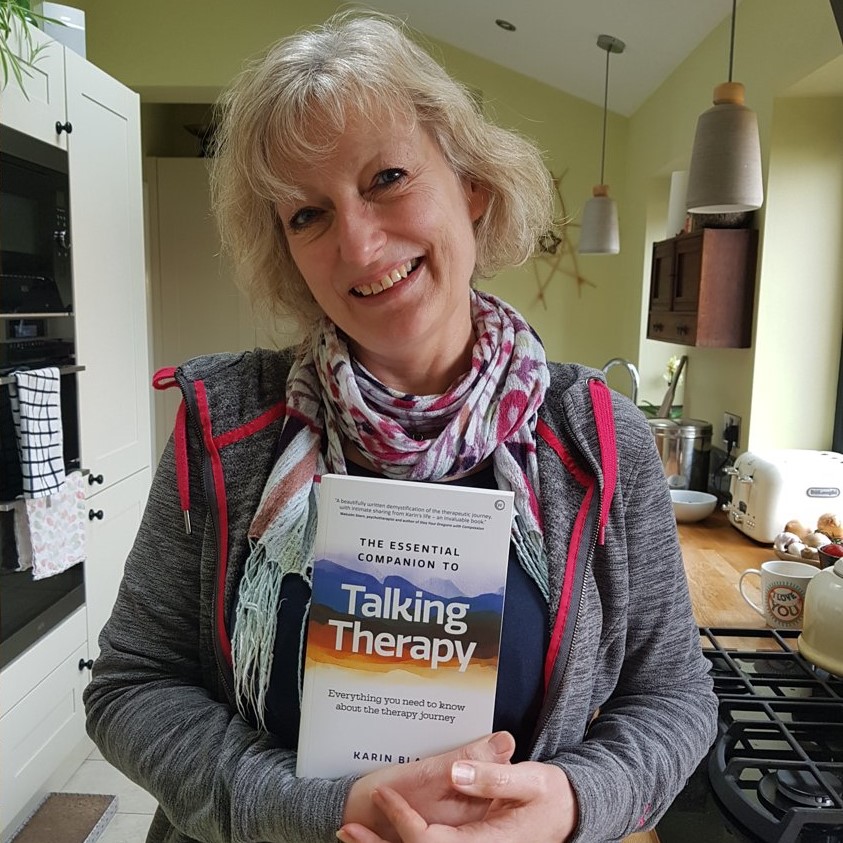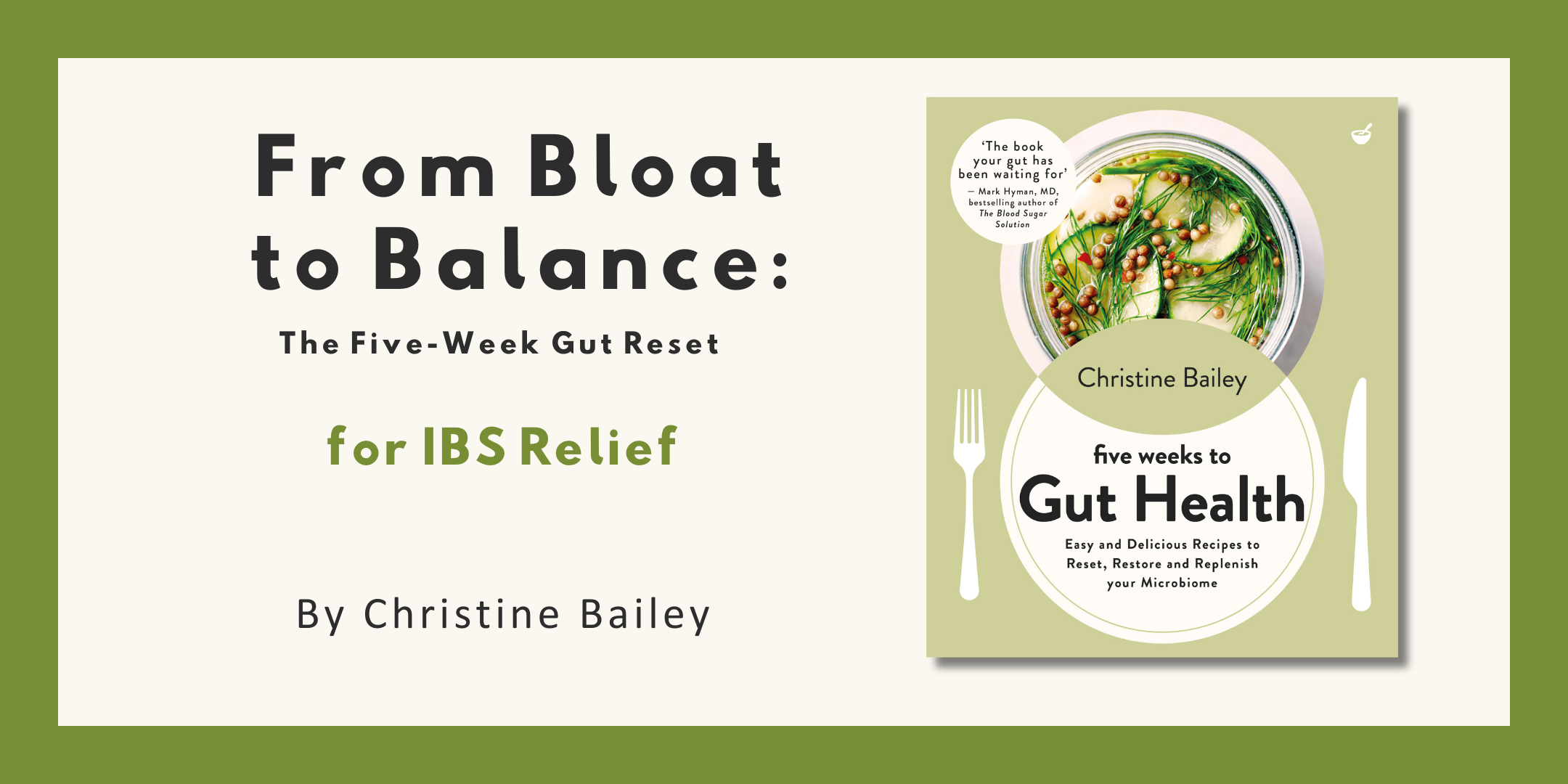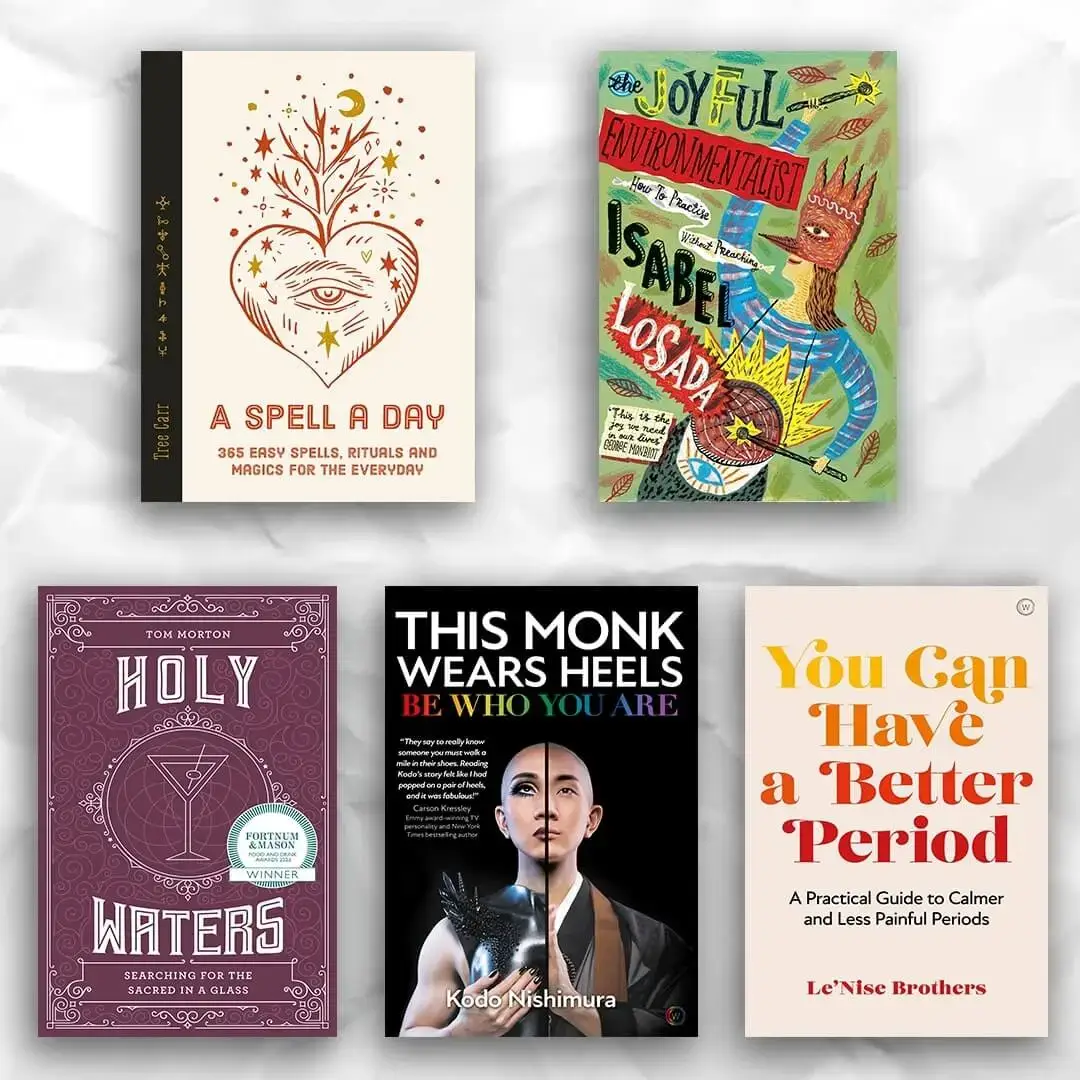
Celebrating the Summer Solstice, Stonehenge and the Right to Spiritual Expression
Soon, the sun will reach its peak on the longest day of the year. Celebrated famously by new age spiritualists at Stonehenge, but also by
There is no doubt that therapy can be challenging, and we will at times need support and comfort outside of therapy. Trusted friends, family members, or our partner are often the ones we turn to for emotional support or physical comfort in our daily lives. In therapy, this is referred to as our support network. We rarely purposely appoint anyone into this role, it is as if we have an unspoken contract that allows this special relationship to develop without needing to sign a job description.
The purpose of a support network
A support network that will help us through the challenges and changes of therapy is composed of people we trust and who we can rely on to keep whatever we share with them confidential. It isn’t always that we need a deep conversation. There will be moments of feeling emotionally sore after a session and perhaps we need a hug, an uplifting conversation or someone to make us a cup of tea, creating a comforting environment.
A support network is able to provide what a therapist can’t:
These are aspects of relationships most of us take for granted in our daily lives. They are also aspects of life that our therapist cannot provide for us. We have to develop these physical and emotional needs with people who are likely to remain in our lives for longer than any therapist will. Remember that therapy will come to an end at some point: the relationship we have developed with our therapist is for a specific purpose and time, where our daily relationships very different and are with us for much longer.
Choosing our support network
We might already unofficially have created a support network. If this is the case, we will probably know who within our circle of trusted friends and family members are likely to be the most appropriate people to ask for a little extra support while we go through therapy. We need people who:
It doesn’t have to be just one person we rely on for our support, in fact it is best if we have a couple of people who can be there for us. Choosing carefully, and talking about this with our therapist, will provide us with a support team, increasing the likelihood of our success through therapy.

Karin Blak is a qualified couples counsellor, family therapist, and psychosexual and relationship therapist. In 2019 she received the East Midlands SME Most Dedicated Relationship Therapist award. Karin has worked at GP surgeries, inpatient units, Sure Start Centres, Relate, Connexions, and in private practice, and sat on the ethics board at the College of Sexual and Relationship Therapy (COSRT). She has spoken on BBC Radio and blogs on Medium about relationships and self-development topics.
Karin’s book, The Essential Companion to Talking Therapy is for those currently in therapy, seeking therapy, considering returning to therapy, or supporting a loved one through it.
The book is available now in multiple formats; order your copy here.

Soon, the sun will reach its peak on the longest day of the year. Celebrated famously by new age spiritualists at Stonehenge, but also by

Beltane, the 1st of May (31st October/1st November in the Southern hemisphere) is a cross-quarter day: The midpoint, where we sit equally between the spring

Irritable Bowel Syndrome (IBS) is one of the most common gastrointestinal disorders, affecting approximately 10–20% of people worldwide, with a higher prevalence in women —

The solar festival of Ostara celebrates the Spring Equinox, the time of year when night and day are equal. This moment marks a turning point
"*" indicates required fields
Watkins Media Limited
Shepperton House unit 11
89 Shepperton Road
London, England
N1 3DF
Watkins Media Limited
Shepperton House unit 11
89 Shepperton Road
London, England
N1 3DF

Get a FREE eBook when you subscribe to our newsletter, and be the first to know about our new releases, exciting events and all the latest news!
"*" indicates required fields